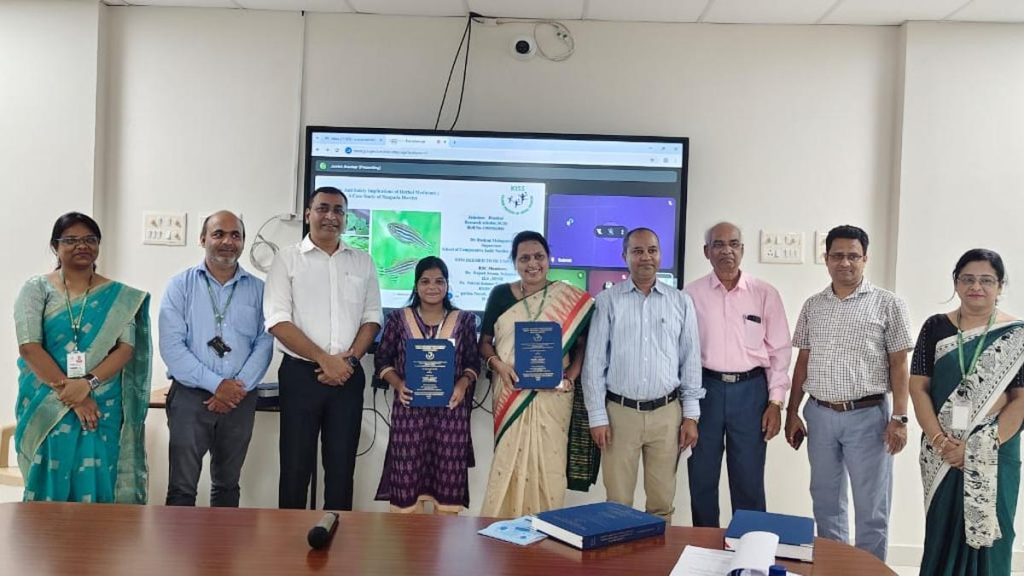Now Reading: HC Suggests Counselling for Men Struggling to Maintain Second Marriage
-
01
HC Suggests Counselling for Men Struggling to Maintain Second Marriage
HC Suggests Counselling for Men Struggling to Maintain Second Marriage

Rapid Summary
- The Kerala High Court ruled that individuals without the financial capacity to maintain a second wife cannot enter into another marriage.
- The observation came while hearing the plea of a 39-year-old woman from the Muslim community, who sought maintenance from her 46-year-old husband.
- The man is reported to be blind, dependent on begging for income, and married despite already having one existing wife.
- The court stressed that such successive marriages where unacceptable under customary law if the individual lacked means to support their spouses.
- Upholding a Family Court order from Malappuram, which declined maintenance in this case citing the husband’s inability to provide, the High Court called for proper counselling for individuals engaging in repeated marriages under such circumstances.
- Additionally, it urged steps be taken to protect destitute wives facing similar situations.
Indian Opinion analysis
The Kerala High Court’s ruling underscores both economic duty and social accountability within marital relationships. Although Islam permits polygyny under certain conditions, this judgment highlights that financial incapacity invalidates its ethical foundation where justice and equitable treatment for all spouses are paramount. By pointing out systemic issues like repeated marriages without adequate means and proposing counselling interventions, the court addresses deeper societal challenges-not only legal violations but also social welfare implications.
Steps recommended by the court could contribute positively toward preventing exploitation or neglect of vulnerable individuals within such contexts while also fostering dialogue on responsibility in marriage-an issue with relevance across communities in India.
























